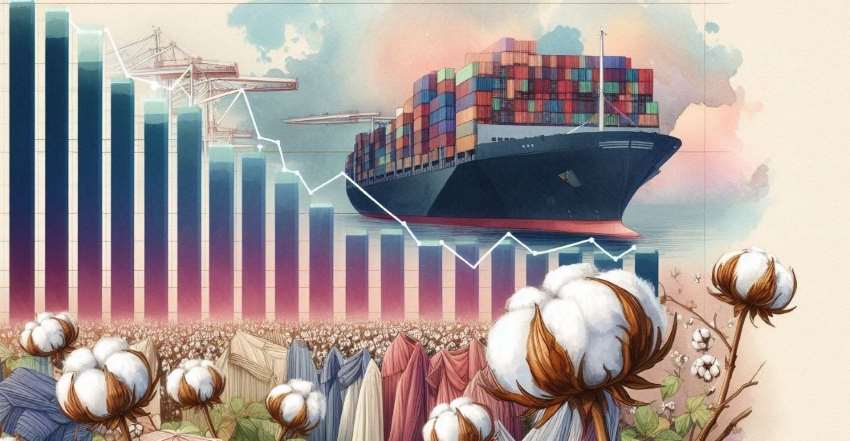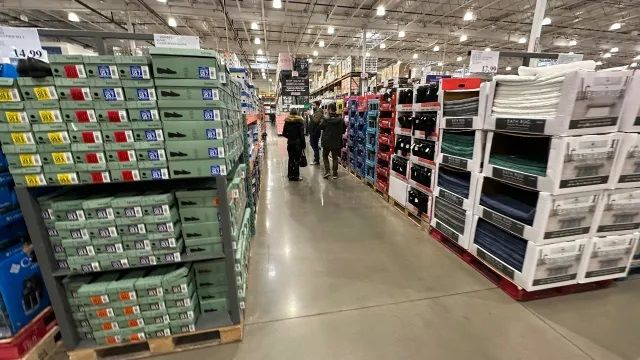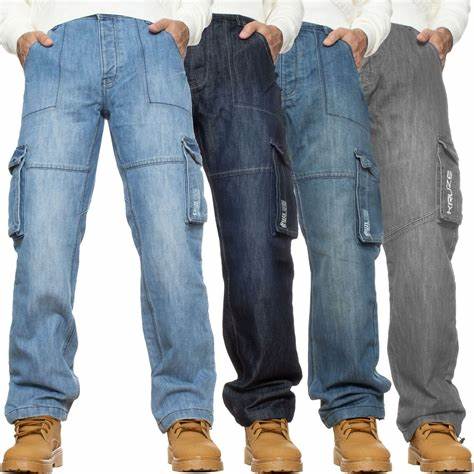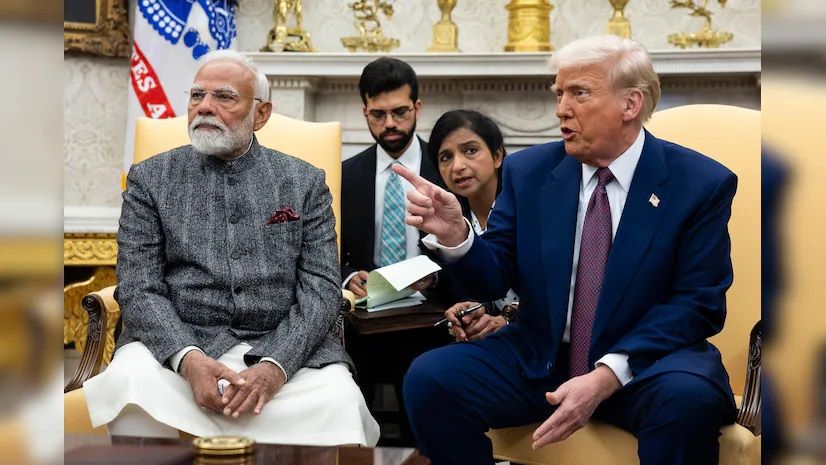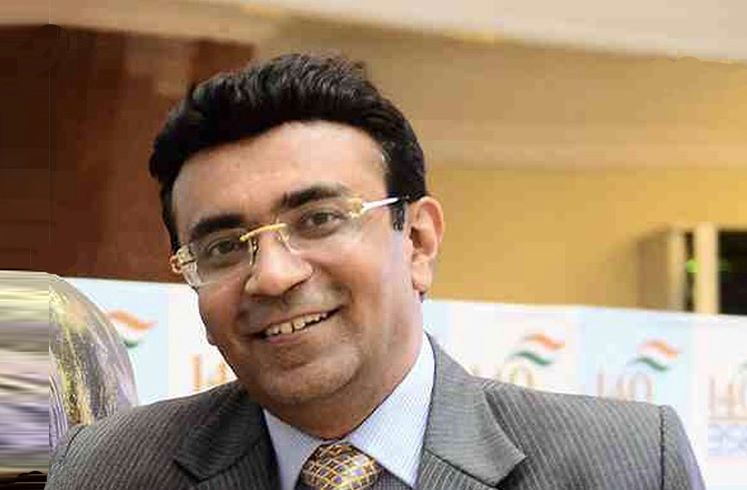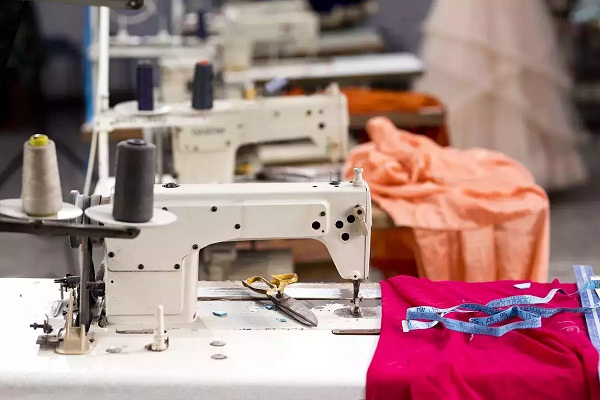
Acceding to the textile industry’s long standing demand, the National Board of Revenue (NBR) in Bangladesh has initiated certain reforms to simplify the harmonized system (HS) code used for importing various spare parts of textile mills. The Bangladesh Textile Mills Association (BTMA) has been complaining for long about the rise in import prices of spare parts due to the complexities in HS code. The association has sent a list of 122 electrical, electronic and mechanical items to the NBR needs to include in the list of HS codes to make imports cheaper.
Inclusion to ease exporters’ complexities
As per a Business Standard report, a HS code is used by custom officials to identify export-import goods. The NBR currently has a list of HS Codes for over 200 items that received reduced tariff rates. However, the list was prepared two decades ago and does not include the new equipment and spare parts required by textile factories, says Khorshed Alam, Former Director, BTMA and Chairman, Little Star Spinning Mills. Manufacturers have to pay over 26 per cent duty-tax for commercial imports of spare parts, he adds.
Moreover Mohammad Ali Khokon, President, BTMA points out, manufacturers are compelled to use third and fourth generation machinery as it has been almost 20 years since the inclusion of equipment and spare parts on the reduced rate list. Hence, including the machinery mentioned in NBR list would ease the complexity and harassment faced by exporters.
Boost to local MMF production
The revenue board also plans to lower VAT on raw materials imports for blended yarn and fabrics like polyester, synthetic, viscose and Lycra. Another initiative on the anvils is maintaining income tax rate for textile and spinning mills at 15 per cent till 2026. The board believes, these initiatives will help the Bangladesh textile industry grow local MMF production and reduce cotton import bills. The initiatives will also complement the upcoming National Industrial Policy that proposes to grant import substitute industries tax breaks and subsidies.
Ministry urges for lower tax rates
The textile ministry has also urged NBR to extend existing lower tax on textiles. This will benefit entrepreneurs involved in yarn production, dying, finishing, coning, fabrics production, fabrics dying, finishing, printing and other similar activities, it adds. The ministry has also demanded maintaining existing tax rates to enable the textile sector to add 2.5 million spindles with an investment of $2.5 billion within 2023.
Currently, the import tax rate for ready-made garments in Bangladesh is 12 per cent while the tax rate for the textile sector is 15 per cent. For entrepreneurs having a sustainability certificate, the tax rate is around 200 basis points lower. The corporate tax rate in the country for publicly listed companies is 22.5 per cent and 30 per cent for non-listed companies.
Mohammad Ali Khokon, President, BTMA highlighted, the industry imported over 5.52 lakh tons of woven fabrics in 2021 as local spinning millers could supply only 40 per cent of domestic demand. He feels, levying a huge turnover tax on imports is likely to increase exporters cost of doing business in the country.

